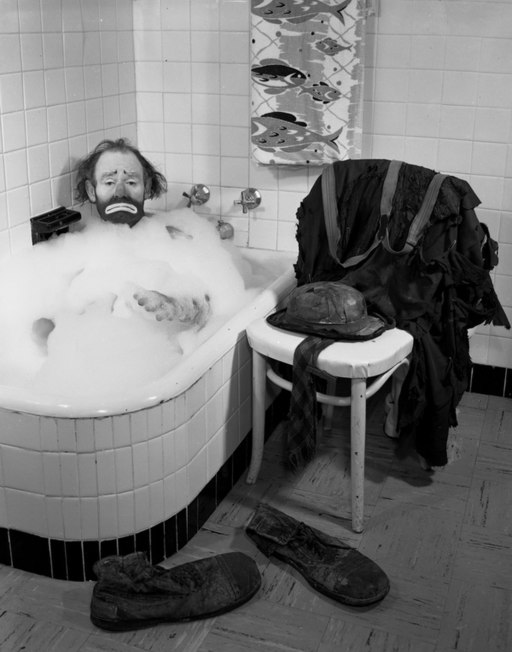Everything is a miracle. It is a miracle that one does not dissolve in one’s bath like a lump of sugar.
Pablo Picasso
Advice: the Good, the Bad & the Ugly
It is a truth universally acknowledged, that people find they must give other people advice. However little qualified they may be to do so, they can’t help themselves. It’s only human.
It is also only human to resent the giving of advice, and consequently to ignore it. Unfortunately, the better the advice, the more likely it is to provoke resentment. As Edna St. Vincent Millay wrote, “Please give me some good advice in your next letter. I promise not to follow it.”
Of course, some advice is complete rubbish, and shouldn’t be followed at all. Exhibit A, the advice received from someone who Shall Remain Nameless who told me I should have a boyfriend “just for practice” and then dump him. (I did, some time later, get a boyfriend. I have not dumped him.)
Then there is the sort of advice that is a pleasure to follow, like Edith Sitwell’s dictum about staying in bed.
And then there is the plain, straight-forward advice which can be of great use if one is prepared to accept it, such as Edwina Currie’s: “The strongest possible piece of advice I would give to any young woman is: Don’t screw around and don’t smoke.”
I asked for advice at my hen party, and what I got was a mixed bag. “I think you should go through with it,” was pretty good (and I took it). “Don’t have children before you get married,” was very sensible, but two days before the wedding, a bit redundant. “Too many mothers is a bad thing,” was cryptic, but no doubt very wise.
I think the best advice I have ever received was from my mother (mothers being traditional dispensers of wisdom). She said, “there is nothing this world has to offer which can begin to compensate for missing out on what God has planned for your life.”
Good advice is worth living by; and worth passing on. What’s the best advice you’ve ever received?
It's Snowing Advice
Advice is like snow – the softer it falls, the longer it dwells upon, and the deeper it sinks into the mind.
Samuel Taylor Coleridge




